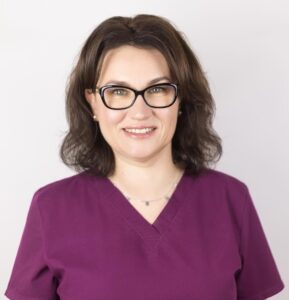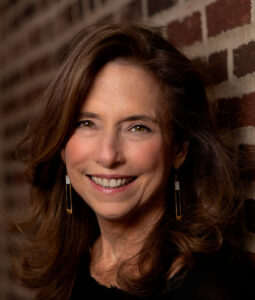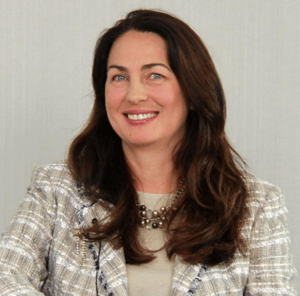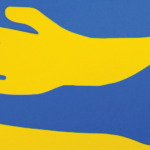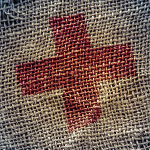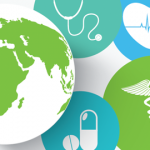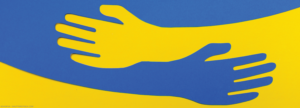 Rheumatologists living in Ukraine press on with their work of treating patients despite the ongoing war that began with a Russian military invasion.
Rheumatologists living in Ukraine press on with their work of treating patients despite the ongoing war that began with a Russian military invasion.
“In the first days, as Kyiv was under siege, we organized a telemedicine network of almost 300 doctors in 24 specialties to talk to people who were hiding in the bomb shelters,” writes Tetiana Mefford, MD, PhD, a rheumatologist at Medical Center (Consilium Medical) in Kyiv. Those early days were marked by doctors giving advice around the clock 24/7, she notes.
“We assisted around 4,000 persons, many with rheumatic diseases,” says Dr. Mefford.
In New York while planning another medical mission to the region, Paula Rackoff, MD, a rheumatologist at NYU Langone collaborated with Ukrainian Marta Dzhus, MD, also a rheumatologist, to determine which medicines were in short supply. Together the pair developed a list so Dr. Rackoff could try to obtain donated medications in time to deliver them in June.
Later, Dr. Dzhus distributed the medications to civilian patients in Kyiv, where she lives, and other cities in need.
The war weighs heavily on patients, feeling much more than inflammatory pain. “We have patients, their pain is a result of depression and fibromyalgia for example,” says Dr. Dzhus in a phone interview from Ukraine.
Among the Ukrainian fighting forces, some also need medicine to treat such conditions as spondylarthritis, which is worsened by heavy equipment that soldiers carry, says Dr. Dzhus.
“We are sending medications directly to the frontlines,” she says.
Soon after Russia invaded Ukraine, supply chains were broken and medicine storage facilities destroyed, notes Dr. Mefford.
“That created a shortage of medicines for patients suffering from rheumatic diseases” she says.
Shipments of medications collected by Dr. Rackoff and other doctors and nurses from the New York City area bridged the gap until supply chains could be restored, says Dr. Mefford. Now Ukraine has a defense system to better protect Kyiv from deadly rocket attacks so a “somewhat regular schedule of treating patients” can resume.
“The attacks still happen daily, but at least we know the chances of being hurt are much less,” says Dr. Mefford.
In June, Dr. Rackoff returned to the region and met Dr. Mefford and Dr. Dzhus in person for the first time.
“We met in Warsaw and she brought a lot of medications for my patients,” says Dr. Mefford, expressing gratitude.
Dr. Dzhus says she “tips her hat” to Dr. Rackoff and her group who traveled so far to help. “It is so touching for people abroad who are not Ukrainian to help,” says Dr. Dzhus.
“Ukrainians are people who love freedom,” and have deep roots to the land, says Dr. Dzhus.
For now, she and others suppress mental and emotional stress, aware that it will likely surface once the war ends, she says.
“We just try to continue helping,” says Dr. Dzhus, “If you don’t help now, there won’t be a place for your children to grow up.”
Editor’s note: Learn more about medical missions to Ukraine.
Catherine Kolonko is a medical writer based in Oregon.
